Custom walk-in ovens have become an integral tool in manufacturing, transforming processes across a variety of industries. Their ability to be customized to specific needs enhances efficiency, improves safety, and creates opportunities for energy savings. But what truly sets them apart from standard solutions is their unrivaled adaptability and long-term return on investment (ROI).
This article explores the key benefits of custom walk-in ovens for industrial use. Read on to discover why a custom walk-in oven could be the perfect solution for your business.
What Industries Benefit the Most from Custom Walk-in Ovens?
Custom walk-in ovens are a versatile asset across industries. From aerospace to automotive, their unique ability to adapt to specific processes and requirements lends them well to many sectors, including:
Aerospace
Heat treatment is crucial for strengthening metals and curing composite materials in aerospace applications. Custom walk-in ovens offer tailored temperature controls and airflow systems to ensure uniformity and precision.
Automotive
The automotive industry relies on walk-in ovens for paint curing, composites curing, and plastics annealing. Precision designs help automotive manufacturers meet strict quality and performance standards.
Electronics
PCB (Printed Circuit Board) manufacturing requires careful thermal profiling, which custom ovens enable with their advanced programmability.
Chemical Manufacturing
Custom ovens play a key role in processes such as drying chemicals, sterilizing equipment, and precision heat treatments required in chemical production.
By aligning the oven’s design with unique industrial demands, businesses in these industries achieve high-quality outcomes that standard models fail to deliver.
Improving Efficiency and Productivity in Manufacturing
Efficiency stands at the heart of competitive manufacturing, and custom walk-in ovens deliver significant improvements in this key area.
- Process Optimization
Customizable features like precise temperature mapping, adjustable air circulation, and zoning capabilities mean manufacturers achieve faster and more consistent results.
- Reduced Downtime
Designed specifically for the application, custom ovens reduce inefficiencies like preheating delays and ensure compatibility with existing workflows. They can also be optimized for multiple product sizes, eliminating bottlenecks.
- Enhanced Scalability
With the ability to handle varying batch sizes, custom ovens scale easily to match production growth while maintaining consistent quality.
These benefits translate into lower operational costs and faster time-to-market for products.
Key Features to Consider When Designing a Custom Walk-in Oven
A well-designed custom walk-in oven begins with understanding your unique manufacturing needs. Key features to focus on include:
- Temperature Control and UniformityLook for advanced control systems that maintain consistent temperatures throughout the oven space. Uniformity is crucial for quality results in heat treatment and curing processes.
- Airflow DesignHorizontal or vertical airflow designs should be tailored to your specific application. This ensures even heating of all materials inside the oven.
- Custom DimensionsA custom oven allows for space optimization, whether you’re dealing with oversized parts or need a compact footprint to conserve floor space.
- Material CompatibilitySome processes require specific chamber linings (e.g., stainless steel for corrosive materials). Ensure the design accommodates the substances you work with.
- Advanced Control IntegrationDigital interfaces and data logging enable precise monitoring of temperature, humidity, and other variables, helping you maintain quality consistency.
Energy Savings and Sustainability
Sustainability has become a priority in modern manufacturing, and custom walk-in ovens align perfectly with this trend. Here’s how they contribute to energy efficiency and eco-friendliness:
- Insulation Efficiency
High-quality insulation minimizes heat loss, reducing energy consumption during operation.
- Heat Recovery Systems
Many custom ovens are equipped with heat recovery technologies, capturing and reusing waste heat to cut power usage.
- Smart Control Systems
Programmable controllers with scheduling features allow systems to run only when needed, saving energy during downtime.
- Eco-Friendly Materials
Manufacturers now source sustainable materials for oven construction, further reducing the environmental impact.
For manufacturers aiming to reduce their carbon footprint and energy bills, investing in an energy-efficient custom oven is a smart move.
Materials and Technologies in Custom Walk-in Ovens
The performance of a custom walk-in oven depends heavily on the materials and technology used in its construction.
- Heat-Resistant Alloys
These materials allow ovens to handle extreme temperatures while maintaining durability.
- Stainless Steel Linings
Commonly used for superior resistance to corrosion and oxidation.
- Fiberglass Insulation
Ensures minimal heat loss and optimal temperature stability throughout the chamber.
- Integrated IoT Sensors
Many modern designs include IoT sensors for real-time monitoring of temperature uniformity and airflow.
Coupled with state-of-the-art software, these technologies make custom ovens a cutting-edge solution for industrial needs.
Adaptability for Multiple Applications
One of the most significant advantages of custom walk-in ovens is their flexibility. Industries often use a single oven for multiple applications, including curing, drying, testing, and annealing under different conditions.
Technological advancements in modular designs and control systems make it easy to switch between applications without compromising on efficiency or product integrity.
Maintenance and Safety
Custom ovens are designed with longevity in mind. Compared to off-the-shelf options, they incorporate advanced diagnostics and modular components that simplify maintenance.
- Easy Access Panels
Simplifies routine inspections and repairs.
- Self-Diagnostic Controls
Alerts manufacturers to potential issues before they escalate.
Safety remains paramount, with features like emergency shutoff systems, overheat protection, and external cooling mechanisms providing peace of mind.
Cost vs. ROI
While custom walk-in ovens may have a higher upfront cost than off-the-shelf models, their ROI is well worth the investment. Those that go this route frequently experience reduced operational costs and improved product quality (less returns). For manufacturers committed to long-term success, customization can provide substantial benefits throughout the oven’s operational lifespan.
How JPW Ovens and Furnaces Can Help
At JPW, we specialize in designing custom walk-in ovens tailored to your unique manufacturing needs. Backed by years of expertise, we blend technical precision with a focus on customer satisfaction to deliver solutions that enhance your productivity.
Whether you’re looking to improve efficiency, bolster sustainability, or integrate cutting-edge technology into your operations, we’re here to help. Contact us today to discuss how we can make a difference for your business.
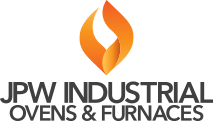
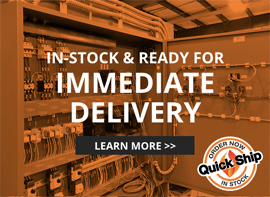
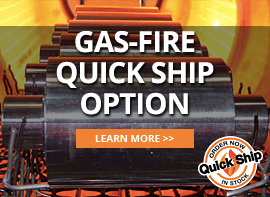
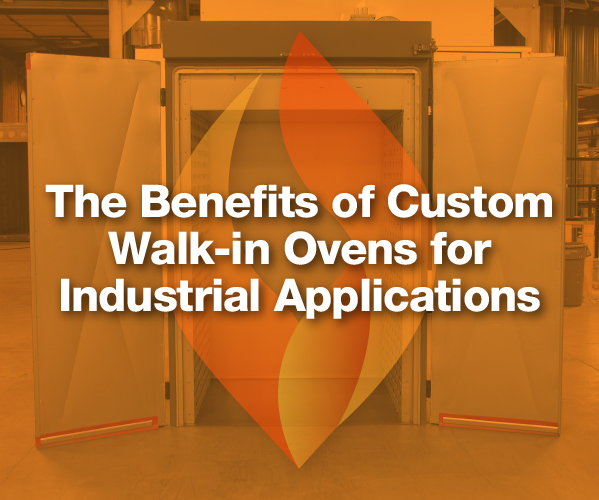
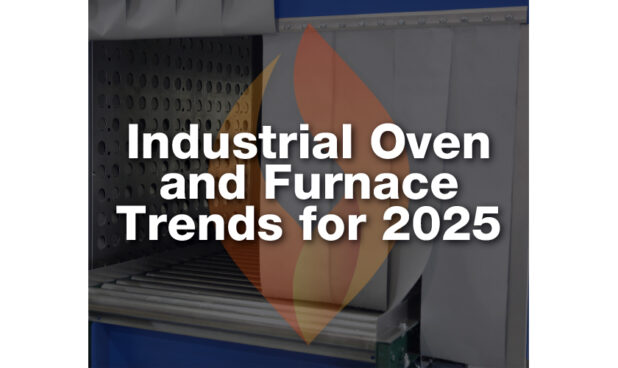
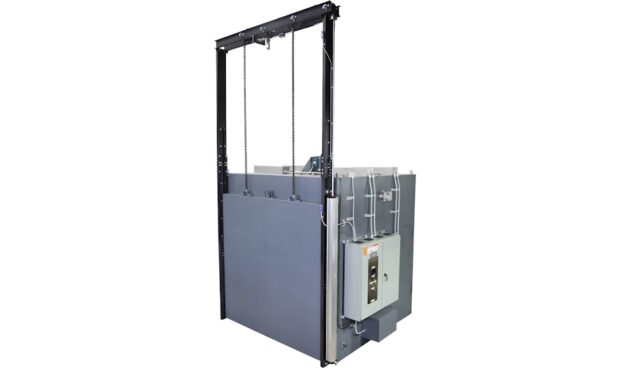
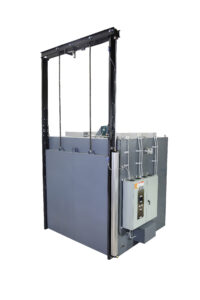
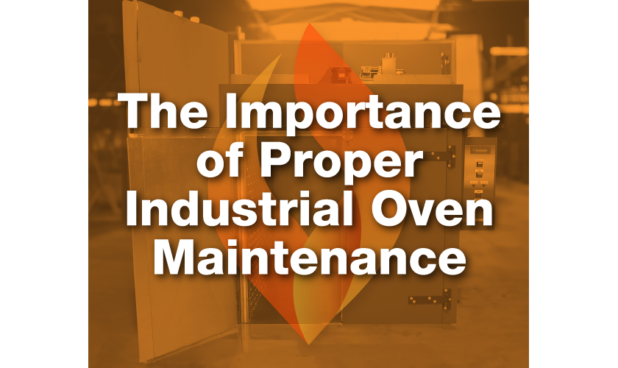
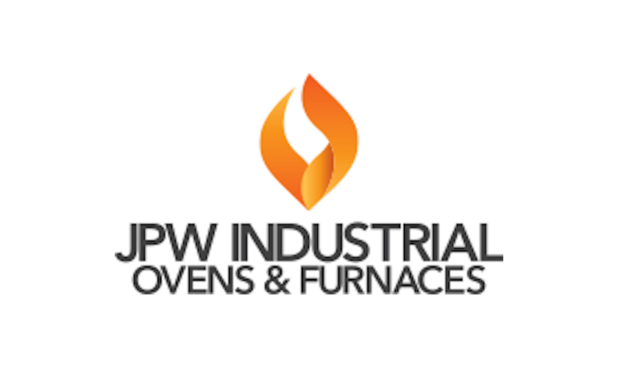
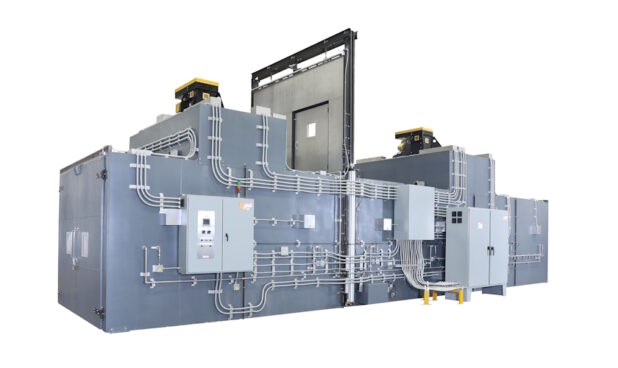
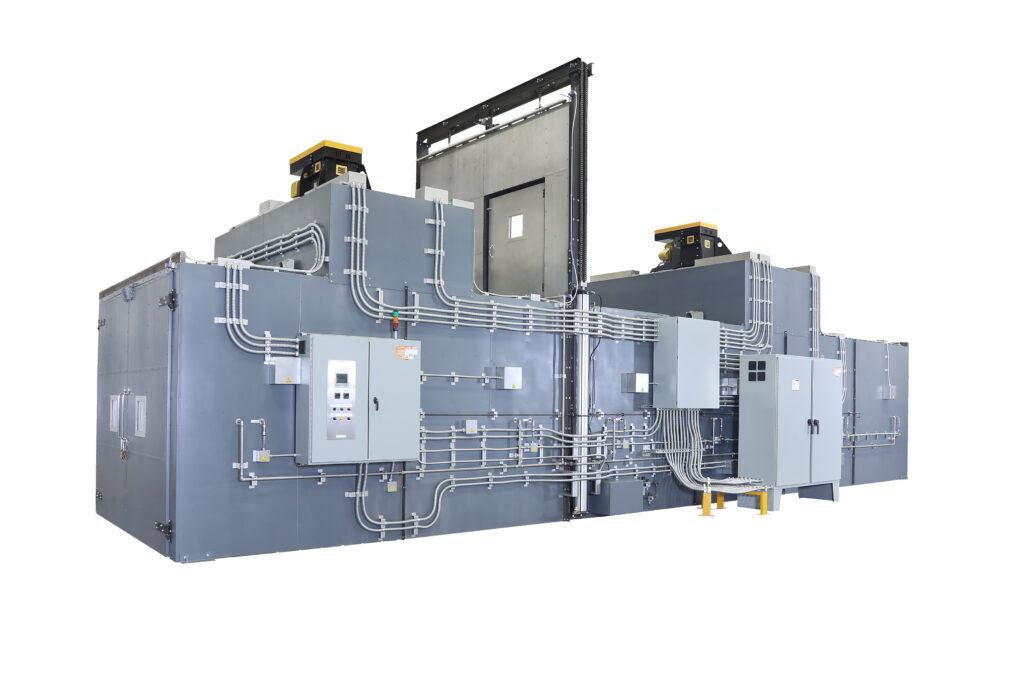 Due to their versatility and efficiency, industrial convection ovens are used in a variety of industries. But what exactly are these ovens, what can they do, and why are they in such demand? This article explores the fundamental aspects of industrial convection ovens, their applications across different industries, and why they might be the right choice for your business.
Due to their versatility and efficiency, industrial convection ovens are used in a variety of industries. But what exactly are these ovens, what can they do, and why are they in such demand? This article explores the fundamental aspects of industrial convection ovens, their applications across different industries, and why they might be the right choice for your business.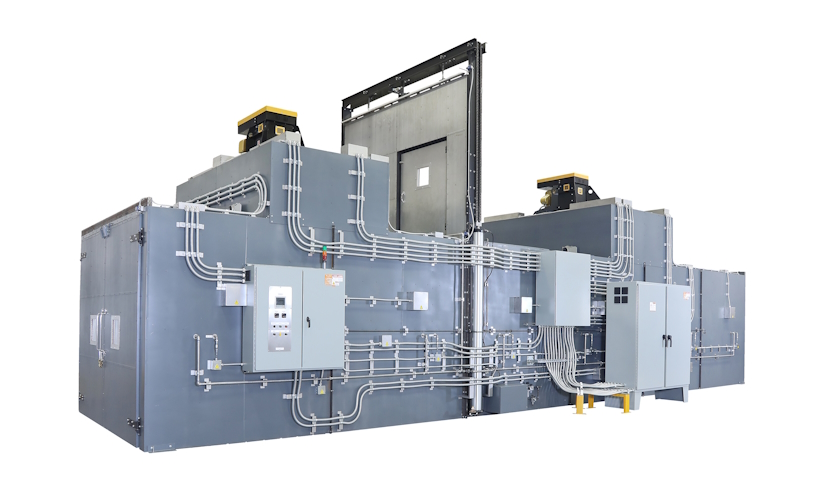 In today’s competitive manufacturing world, efficiency and precision are paramount. To keep up with industry demands, businesses adopt cutting-edge solutions like walk-in ovens. This blog article will explore the ins and outs of walk-in ovens and how they can enhance your industrial operations.
In today’s competitive manufacturing world, efficiency and precision are paramount. To keep up with industry demands, businesses adopt cutting-edge solutions like walk-in ovens. This blog article will explore the ins and outs of walk-in ovens and how they can enhance your industrial operations.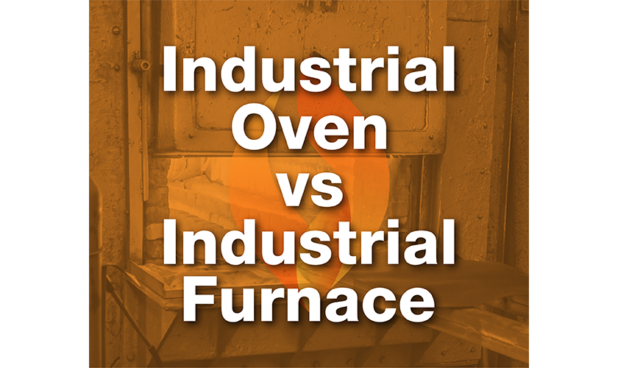
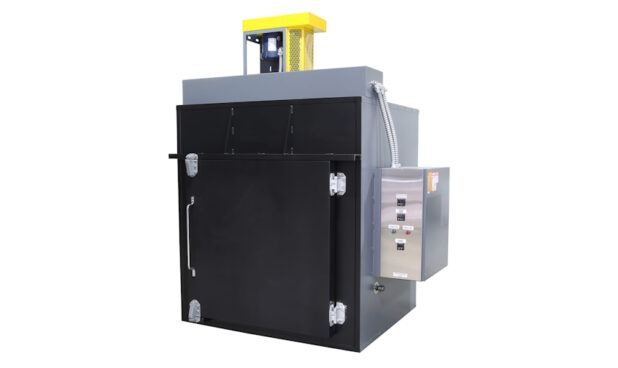
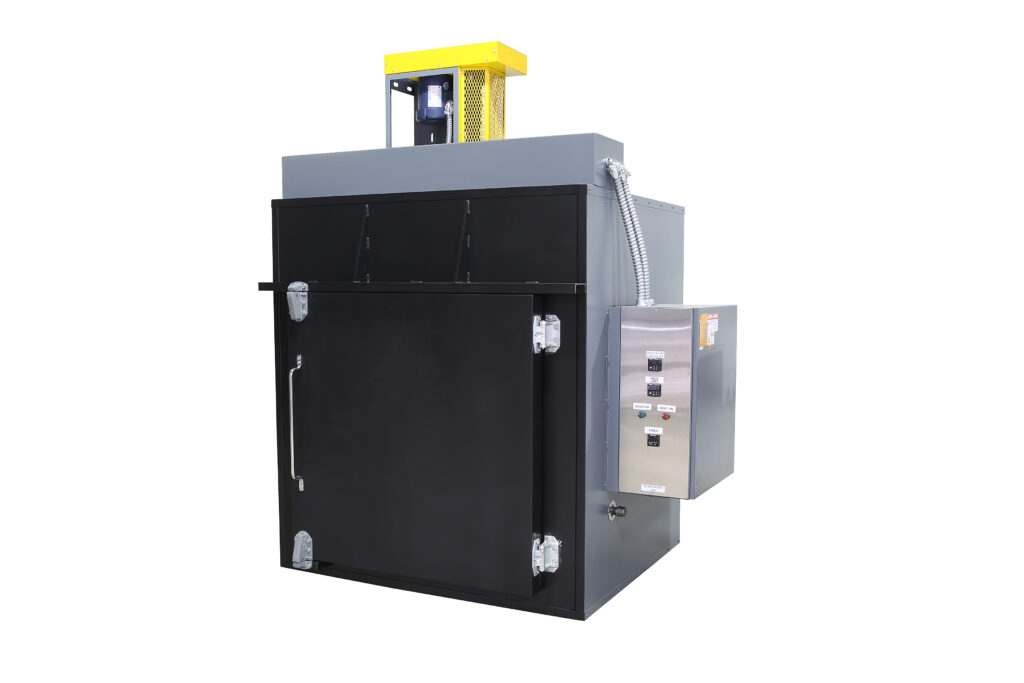
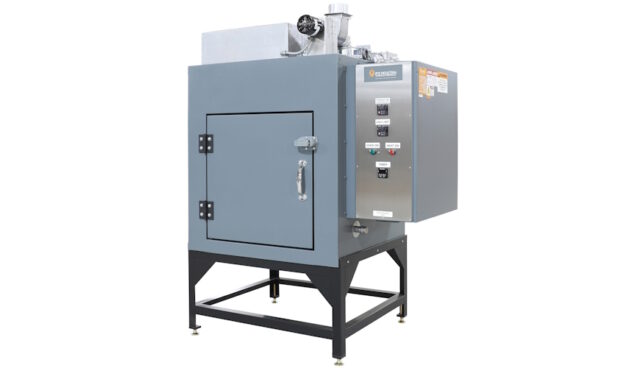
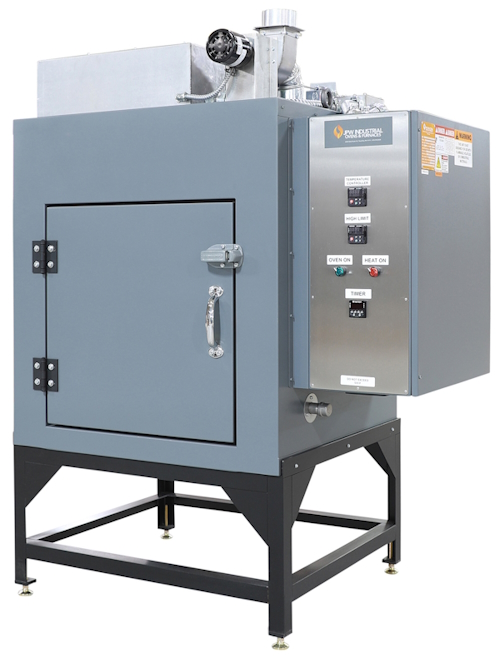 Industrial lab ovens are essential for heating, drying, and sterilizing samples in various industries. Each precision-engineered device provides consistent and controlled environments for laboratory and industrial applications. In this blog post, we will delve into the intricacies of lab ovens, their uses, and the industries that depend on them. We will also explore how JPW Ovens & Furnaces can help you find the perfect lab oven.
Industrial lab ovens are essential for heating, drying, and sterilizing samples in various industries. Each precision-engineered device provides consistent and controlled environments for laboratory and industrial applications. In this blog post, we will delve into the intricacies of lab ovens, their uses, and the industries that depend on them. We will also explore how JPW Ovens & Furnaces can help you find the perfect lab oven.